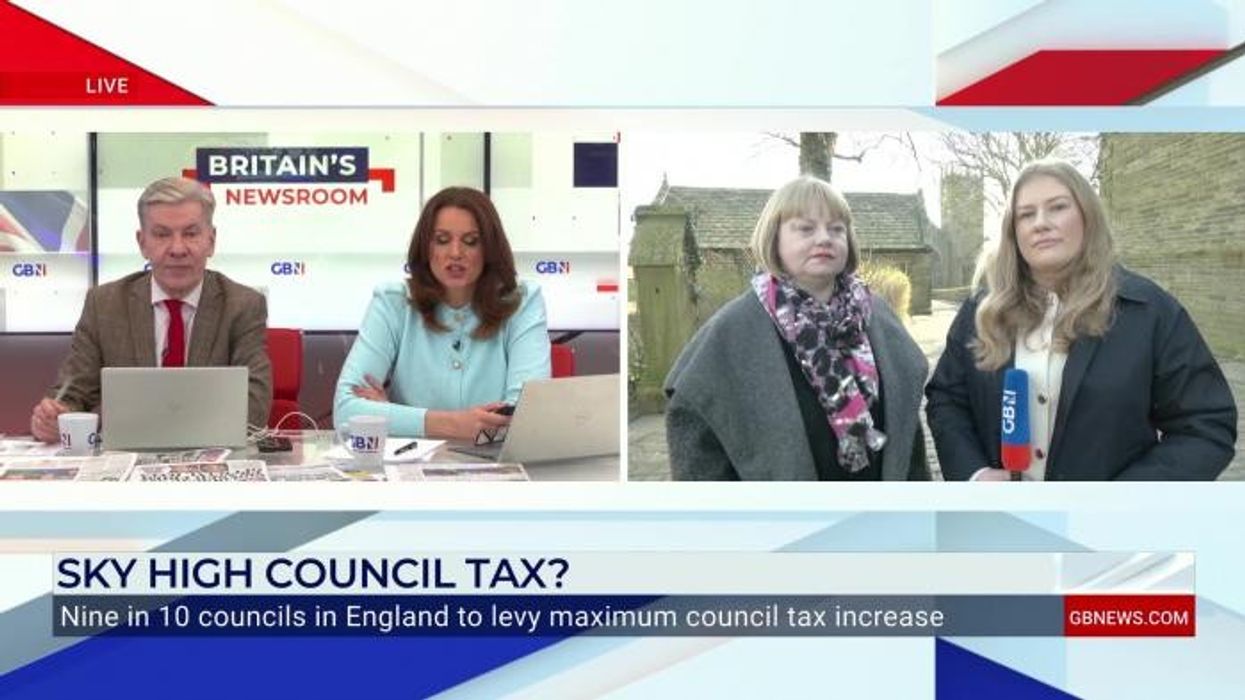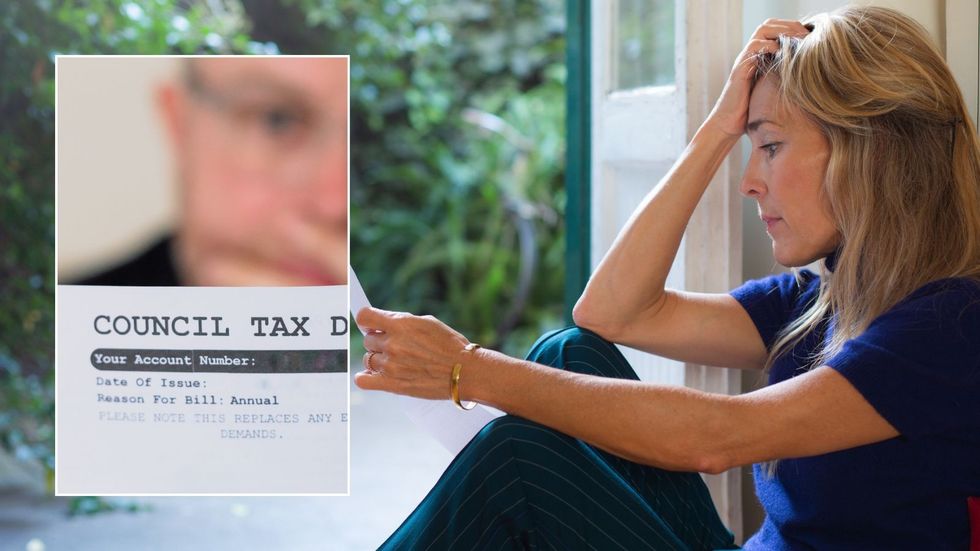Council tax warning: Local authority plots 'cash grab' that could hit second homeowners with £16,000 bill

'We just can't afford it!' Bradford resident hits out as Council Tax to rise to maximum |
GBNEWS

Around 1,500 property owners are expected to be hit, with critics branding the move a cash grab that could damage tourism and the local economy
Don't Miss
Most Read
Latest
Second home owners in Conwy could soon be hit with eye-watering council tax bills of up to £16,000 a year.
From April, the Welsh county borough council is preparing to slap a 200 per cent surcharge on holiday homes, tripling what owners would normally pay compared to main residences.
Around 1,500 property owners are expected to be affected across the region. A council vote on the move is scheduled for next month, but insiders say it is little more than a formality, with approval virtually guaranteed.
The plans follow a consultation held in July which sources have described as largely symbolic. Welsh Labour granted councils the power to impose surcharges of up to 300 per cent on second homes in 2023, with Conwy now pushing ahead to make full use of that authority.
The financial implications would see typical Band D properties attracting yearly charges of £7,000. Higher-value Band F homes would incur bills exceeding £10,000, whilst properties in the top bracket face demands of £16,245.
These figures would position Conwy alongside Bridgend as having the steepest second home charges across Britain.
Both Welsh authorities would be implementing the maximum 200 per cent surcharge currently in force.
The authority maintains that additional revenues would be allocated to housing budgets.
 Council tax bills are set to rise | GETTY
Council tax bills are set to rise | GETTY Officials anticipate that elevated costs might prompt sales, potentially expanding property availability for permanent residents.
Conwy presently applies a 150 per cent surcharge on holiday properties.
The proposed measures have sparked concerns about potential harm to the local economy, particularly given the area's heavy dependence on visitors.
Tourism-related employment accounts for approximately 17 per cent of positions in Conwy, equating to roughly 10,000 jobs.
 Britons are concerned about the rising tax burden | GETTY
Britons are concerned about the rising tax burden | GETTYThis figure significantly exceeds the Welsh national average of 11 per cent for tourism employment. Industry observers fear the policy could undermine the very sector supporting thousands of local livelihoods.
Joanna Marchong from the TaxPayers' Alliance dismissed the proposal as "a cash grab dressed up as a housing solution".
She warned the unprecedented tax levels could damage tourism and harm local enterprises, potentially destroying Conwy's economic foundations.
Robert Burdall, an 83-year-old Derbyshire resident who has maintained a property in Rhos-on-Sea for 43 years, highlighted his economic contributions to the area.

Marlow from the Adam Smith Institute characterised the policy as "deeply short-sighted", predicting it would reduce tourist accommodation capacity and devastate the tourism sector
| GETTYHe and his family utilise the home for approximately six weeks annually, regularly patronising local establishments and recently spending £3,600 on roof repairs with local contractors.
"This tax is just an excuse to raise money," Mr Burdall stated, noting available properties remain unsold due to limited local industry.
Maxwell Marlow from the Adam Smith Institute characterised the policy as "deeply short-sighted", predicting it would reduce tourist accommodation capacity and devastate the tourism sector, ultimately disappointing local voters.
More From GB News










